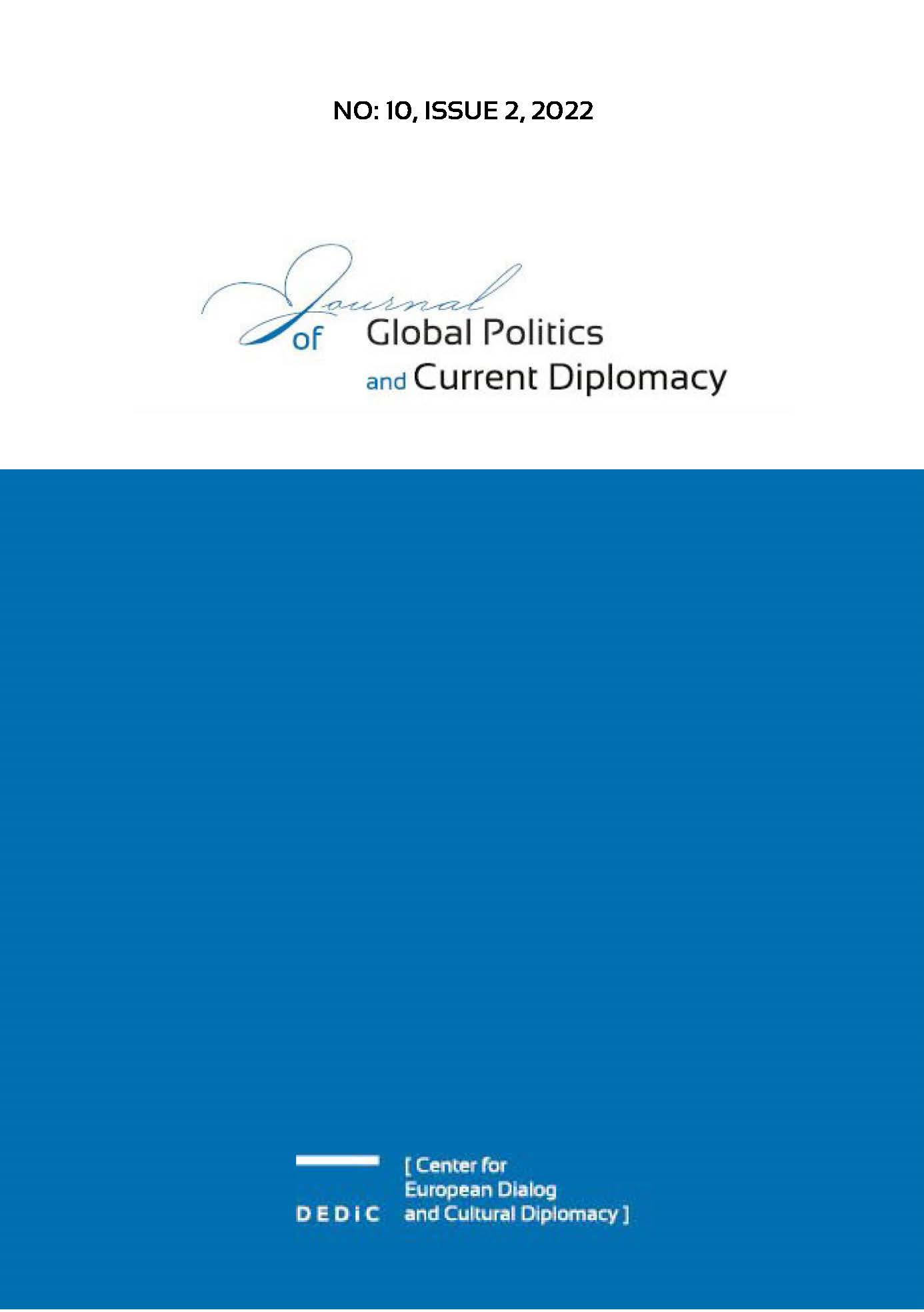The semantics of "multiculturalism" as a principle of public policy in the 1990s
The semantics of "multiculturalism" as a principle of public policy in the 1990s
Author(s): Radu AndreicaSubject(s): Civil Society, Ethnohistory, Politics and society, Transformation Period (1990 - 2010), Ethnic Minorities Studies, Politics and Identity
Published by: Centre of European Dialogue and Cultural Diplomacy
Keywords: multiculturalism; ethnic minorities; international agreements; majorities; legal rights; education; political representation;
Summary/Abstract: The evolution of Romania after the fall of the Ceaușescu regime is directly related to the political and social balance achieved mainly by initiating a regional partnership with the neighbours, which will help to complete the necessary steps for inclusion in the European Union and NATO. At a new beginning, Romania needed a new speech toward the minority, a speech whose central pillar was multiculturalism. This presentation presents how multiculturalism became a public policy principle in the 1990s. To this end, the amendments made to education in the languages of national minorities, as well as the legislation on the use of the mother tongue concerning the local public administration, will be presented. The method of analysis that this presentation uses is the qualitative one. This text analysis highlights the semantic and legal evolution of multiculturalism in the legislation regarding the organization of the Hungarian educational system in Romania.
Journal: Journal of Global Politics and Current Diplomacy
- Issue Year: 10/2022
- Issue No: 2
- Page Range: 42-57
- Page Count: 16
- Language: English

